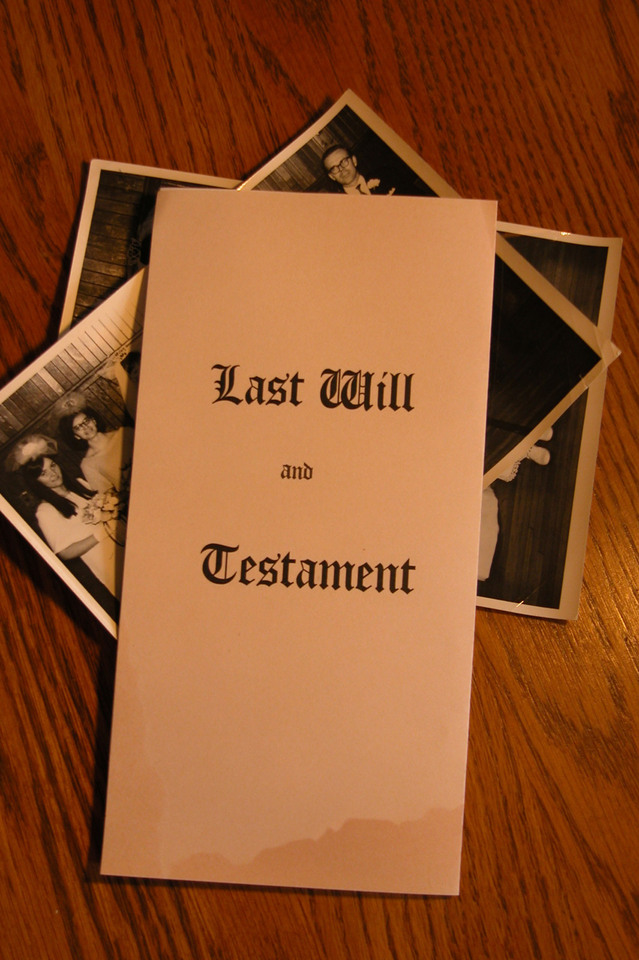In a recent case involving a will contest, the Tennessee Court of Appeals determined whether a handwritten will, known as a holographic will, was valid. In In re Estate of Pierce (Tenn. Ct. App. July 22, 2016), the decedent was survived by five living children and one predeceased son with two adult children, the decedent’s grandchildren. During the administration of her estate, the decedent’s surviving children, the petitioners, filed a petition seeking to admit a purported holographic will to probate. Under the holographic will, two of the decedent’s grandchildren would not inherit.
The decedent had signed a document in 2007 bequeathing her assets to her living children and, if any of her children did not survive her, to that child’s children. In 2010, the decedent wrote by hand a purported holographic codicil to the 2007 document, in which, among other things, she clarified that her son was to receive her home. However, her son passed away 11 months before the decedent in 2013. Days before she died, the decedent completed a three-page document she had obtained from an attorney, titled “Confidential Estate Planning Questionnaire.” This document ran contrary to the 2007 and 2010 will and codicil in that it did not mention any distribution to her grandchildren. The issue on appeal was whether the 2007 and 2010 documents should be admitted to probate and whether the 2013 purported holographic will served to revoke and replace those earlier documents, even if they were otherwise appropriate to be admitted to probate.
Pursuant to Tennessee statute, the provisions of a holographic will must be written entirely in the testator’s handwriting, and the will must be authenticated by two witnesses. If these requirements are met, a properly proven holographic will supersede a formal will. In In re Estate of Pierce, the court explained that testamentary intent controls, despite the informal nature of the document and the existence of pre-printed language. The court went on to find that the 2013 Questionnaire merely constituted the beginning stages of an estate plan and was not a final product demonstrating the decedent’s clear intention to dispose of her property. As a result, it was not a valid holographic will.
The next issue on appeal was whether the trial court erred in admitting the 2007 and 2010 will and codicil to probate when there was no verified petition seeking their admission and no proof of due execution, as required by statute. Finding these requirements lacking, the appeals court vacated the judgment of the lower court admitting the purported 2007 will and 2010 codicil to probate. However, the matter was remanded in order to give the respondents an opportunity to comply with the statutory requirements and to allow the petitioners an opportunity to contest the same.
An experienced wills and estates attorney can inform you about your legal options while planning for the distribution of your property and assets after death, as well as prevent potential disputes that may arise during probate administration. At the Nashville law firm of MHPS, our capable lawyers provide guidance to individuals regarding estate planning, divorce, and family law matters, and personal injury claims. If you are seeking skilled legal representation, schedule an appointment with one of our attorneys by calling (615) 800-7096 or contacting us through our website.


